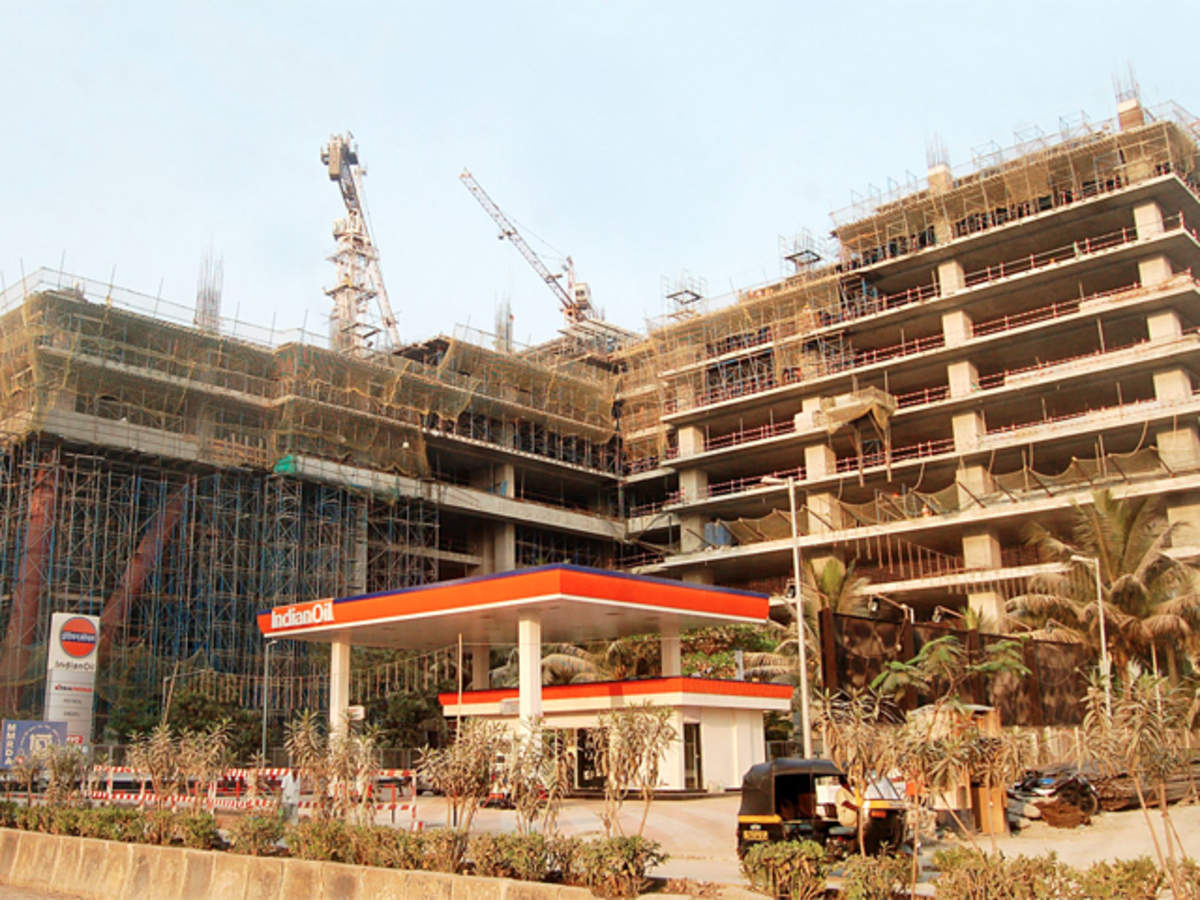Home construction is a complex process that involves several stages and requires careful planning, coordination, and execution. Whether building a custom home or working with a construction company, understanding the general steps involved in home construction can provide valuable insights. If you’d like to know about custom home builders be sure to visit Carlisle Homes. This will outline the key phases of home construction, from initial planning to project completion.
- Pre-construction Phase: The pre-construction phase involves extensive planning and preparation before any physical construction takes place. This phase includes activities such as acquiring land or property, obtaining permits and approvals, developing architectural plans, and securing financing for the project. During this stage, homeowners work closely with architects, engineers, and contractors to finalize the design, materials, and overall vision for their homes.
- Site Preparation: Once all necessary permits and approvals are in place, site preparation begins. This stage involves clearing the land, grading the site, and preparing the foundation. Excavation may be required to level the ground or create a basement. Utilities such as water, electricity, and sewer systems are also installed during this phase.
- Foundation Construction: The foundation is a critical component of the home’s structure. It provides stability, supports the weight of the building, and prevents moisture penetration. The type of foundation depends on factors such as soil conditions, local building codes, and the design of the home. Common foundation types include slab-on-grade, crawl space, and full basement. Once the foundation is constructed, it undergoes inspections to ensure compliance with building regulations.
- Framing and Structural Work: After the foundation is completed, the framing stage begins. This involves erecting the structural framework of the home, including walls, floors, and the roof. The framing is typically made of wood or steel and follows the architectural plans and building codes. Once the framing is in place, windows, doors, and exterior sheathing are installed. The structure is then covered with a protective barrier, such as house wrap or insulation.
- Plumbing, Electrical, and HVAC: The next phase involves the installation of essential systems, including plumbing, electrical wiring, heating, ventilation, and air conditioning (HVAC). Plumbers install pipes, fixtures, and drains, while electricians wire the home for lighting, outlets, and appliances. HVAC technicians set up the heating and cooling systems to ensure optimal comfort and energy efficiency.
- Interior Finishes: With the infrastructure in place, the focus shifts to interior finishes. This phase includes installing insulation, drywall, flooring, cabinetry, countertops, and interior trim. Painters apply paint or wallpaper, and tiles are laid in bathrooms and kitchens. This stage also involves the installation of fixtures, such as lighting, faucets, and appliances.
- Exterior Finishes and Landscaping: The exterior finishes give the home its final appearance and protect it from the elements. This includes installing siding, roofing, exterior doors, windows, and any additional architectural elements. Landscaping work, such as grading, planting trees or shrubs, and installing driveways or walkways, is also carried out during this stage.
- Final Inspections and Completion: Before the home is considered complete, it undergoes final inspections to ensure compliance with building codes and regulations. Inspectors review various aspects, including electrical, plumbing, HVAC, and structural integrity. Once the inspections are passed, a certificate of occupancy is issued, allowing the homeowners to move in.
Conclusion:
Home construction is a complex and multifaceted process that requires the expertise of various professionals and tradespeople. Effective communication, careful planning, and diligent project management are essential to ensure the successful completion of a new home. By following these general steps, homeowners can navigate the construction process with greater understanding and confidence.











